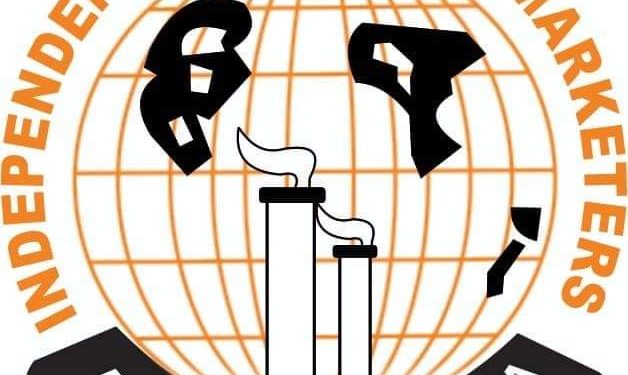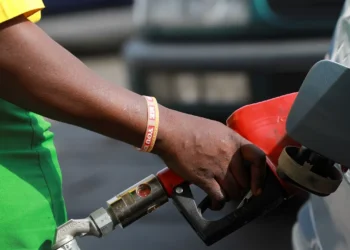Independent oil marketers in Nigeria have expressed their capability to sell premium motor spirit, commonly known as fuel, at prices below those set by the Nigerian National Petroleum Company Limited (NNPCL), provided they obtain the product directly from the state-owned company.
Abubakar Maigandi, the National President of the Independent Petroleum Marketers Association of Nigeria (IPMAN), made this assertion during a recent interview. He highlighted the major obstacle faced by independent oil marketers: the inability to procure fuel directly from NNPCL’s depot.
Maigandi explained that while NNPCL sells fuel to private depot owners at a rate of N557 per litre, independent marketers are compelled to purchase from third-party suppliers at a higher rate of N630 per litre. This disparity, he emphasized, contributes to the higher retail prices observed at independent fuel stations, which he claims constitute 80% of the market share.
“If we are getting it directly through the NNPCL, we can even sell below the NNPCL rate for the masses to enjoy our services,” Maigandi stated, underscoring the potential for cost reduction if direct procurement were facilitated.
He elaborated on the pricing dynamics, noting that additional costs such as transportation expenses and bank charges further inflate the retail price of fuel for independent marketers. Despite these challenges, Maigandi affirmed that IPMAN had conveyed its concerns to the Federal Government and expressed optimism for a resolution in favor of consumers.
NNPCL stations currently retail fuel around N580 per litre, benefiting from their direct procurement advantage at a lower cost. However, Maigandi emphasized the crucial role of independent marketers in ensuring widespread access to fuel, particularly in rural areas.
IPMAN’s recent allegations against NNPCL, including claims of withholding over N300 billion of members’ funds, have sparked controversy in the petroleum industry. NNPCL, the sole importer of petroleum products into Nigeria, has refuted these claims.
As discussions continue between stakeholders, including IPMAN, NNPCL, and the government, the issue of fuel pricing and procurement remains a focal point, with implications for consumer affordability and market dynamics nationwide.











